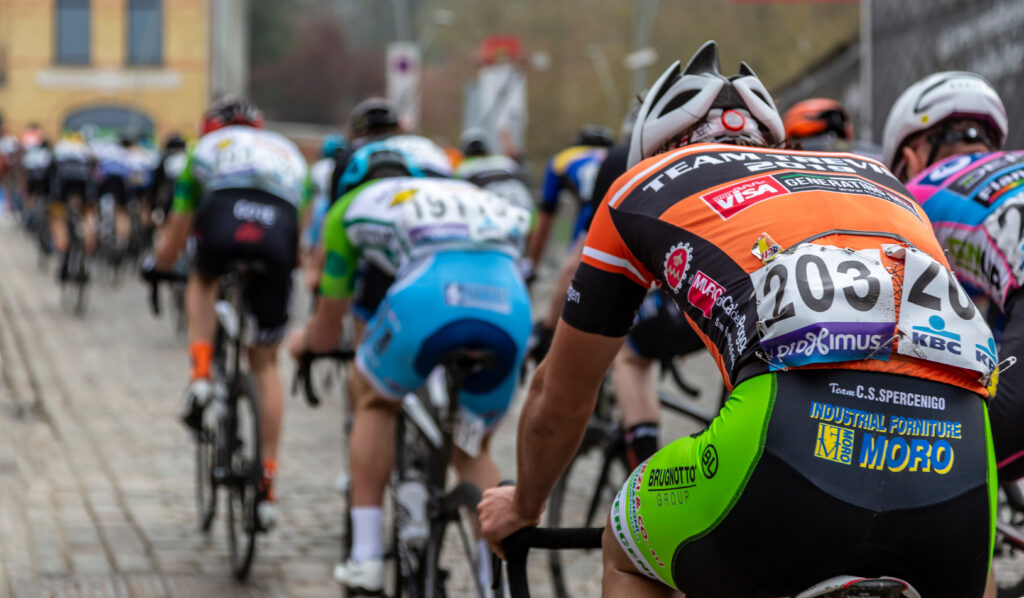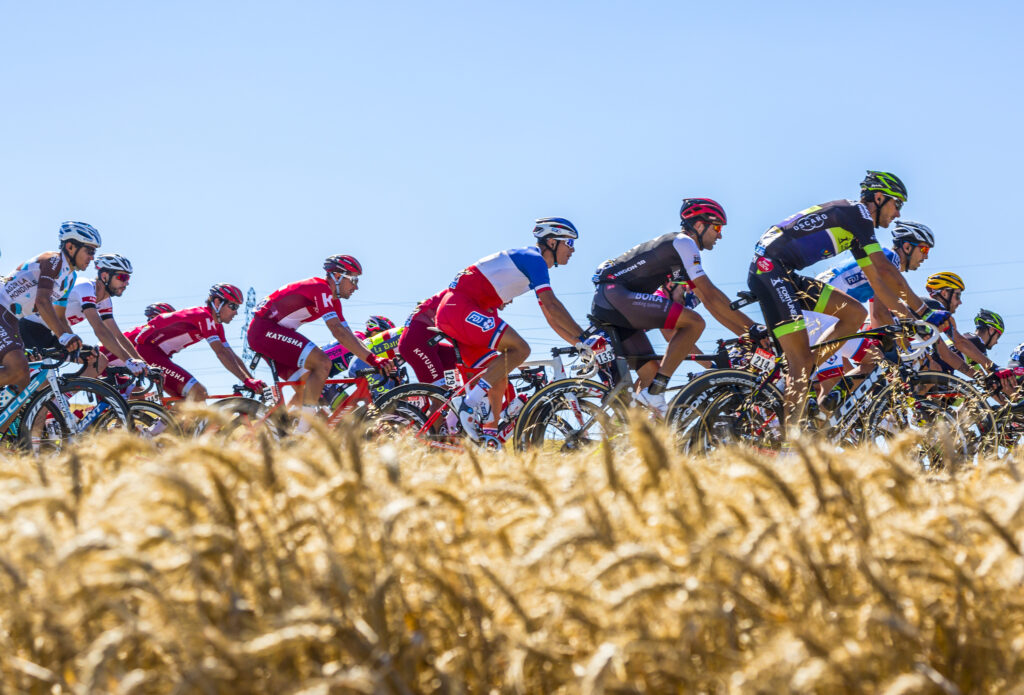I am well known as a cycling coach but what people may not realise is that I have been a coach to many other coaches. My aim in this post is to give a little insight into this part of my work.

Coaching Philosophy
I have for nearly all my working life been a teacher. So, when I was encouraged by some high-profile riders that I was helping to become a professional cycling coach it was only natural that I incorporated some of my teaching philosophy into my coaching.
If you pick up any coaching textbook the opening chapter will discuss what it means to be a coach. And you will quickly learn that the definition of a coach is quite nebulous.
As a cycling coach I have diverse roles. Beyond the obvious tasks of improving performance with carefully planned training there are many things I do that you might not expect. I can be a counsellor, friend, or confidant. I’ve helped young riders with school projects and have even given undergraduate dissertation advice. I’ve also facilitated riders to continue to train through traumatic life events and illness. It regularly surprises me how often I am one of the first people my clients call in an emergency!
Of course, I am happy to do all these things and feel highly privileged to be such a central part of so many people’s lives. It’s one of the things I most enjoy about my work: being able to help others.
Cycling coach as teacher
The other aspect of coaching I love is the role of teacher. It has always been central to my philosophy that cyclists should know why they are doing the training that is prescribed. This is particularly important because they may not always have my help and they need the independence to make their own decisions. This is true of riders who progress into some of the world’s top teams and are made to work with a team coach. The cycling coaches are clearly highly capable, but it is important the rider can articulate what has worked well for them in the past and why. This ensures good progress from season to season is more likely as there is no ‘reinventing the wheel’.
Coaching the coaches
Not only do I teach my riders, but I have also taught many other coaches. In some instances, I have been the cycling coach of a cycling coach. That sounds a little odd but being on the inside can often be quite difficult. It’s one thing setting other people’s training but when it comes to yourself being objective is tricky. That’s why coaches have employed me to be their coach. I can look in from the outside and provide impartial advice.
Interestingly, I have even had some coaches choose to be coached by me so they can learn how I do things! I have agreed to do this, but I don’t think it is necessarily the best idea. All my cycle coaching is tailor made so they only every learn how it works for them. This does nothing for their ability to apply a range of principles to different cyclists.
A number of the riders I have taught over the years have taken up coaching towards the end of their careers, or in retirement. Although it places them in direct competition with me I am proud that they continue to adopt many of my methods to good effect. Former riders can make good cycling coaches, but again, they generally only know what worked for them.
Coach educator
My other role has been as a formal coach educator. In my time at Writtle University College I set-up and ran the FdSc Cycling Performance degree. I taught many students to be cycling coaches and many have built successful coaching careers. I have also advised national governing bodies on training and data analysis.
There you have it, not only am I a cycling coach to cyclists but I am also a coach to the coaches. Working with both cyclists and coaches has been invaluable in helping me to learn and improve as a cycling coach. There is a lovely symmetry in education and life that both teacher and pupil learn from each other.


